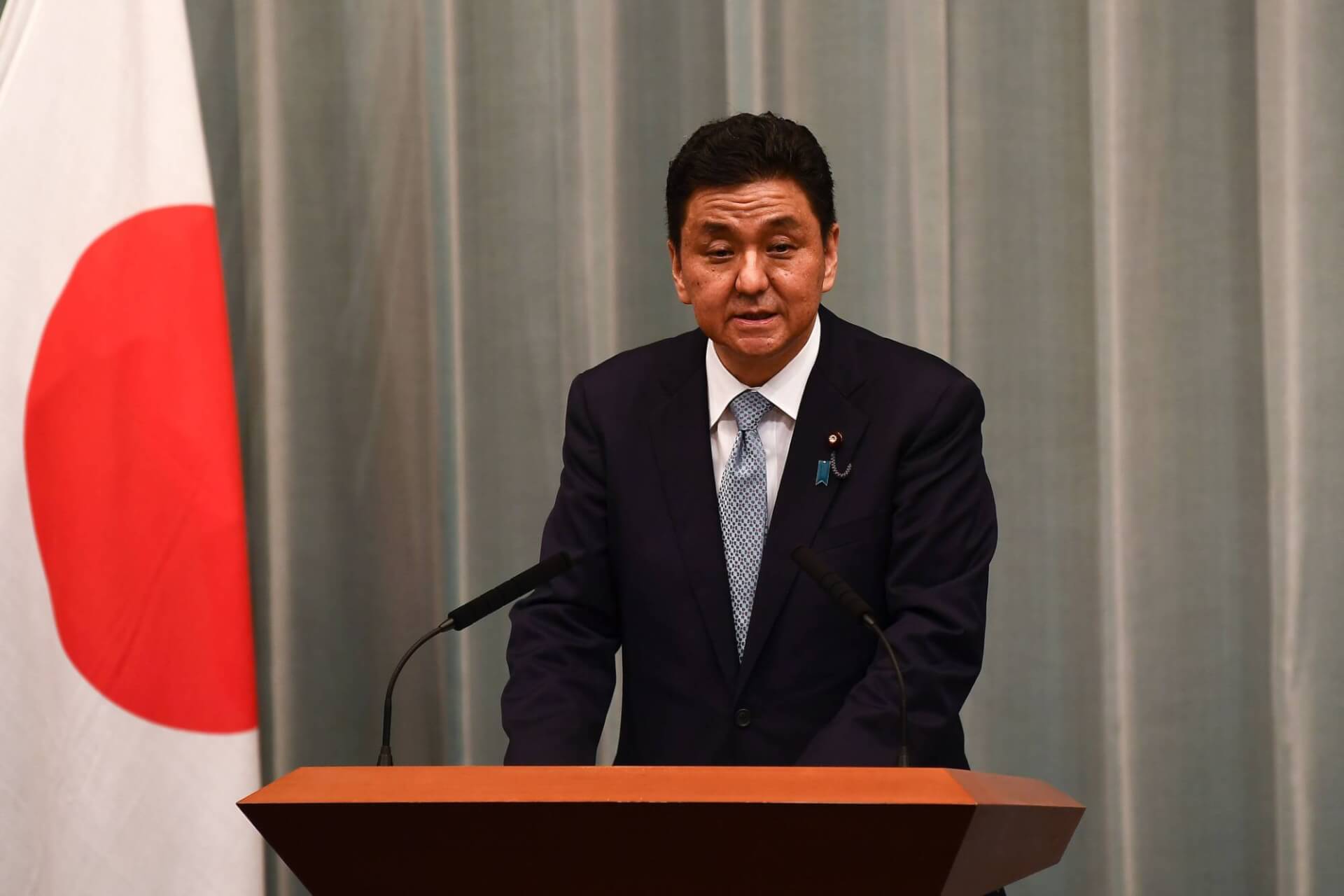On Friday, Japanese defence minister Nobuo Kishi held a teleconference with his French counterpart Florence Parly. This was preceded by a similar meeting on Thursday, when Kishi held a phone call with the United Kingdom’s (UK) Secretary of State for Defence, Ben Wallace. Both meetings followed similar agendas: to discuss “views on the regional issues” and reaffirm the countries’ “continued close cooperation” in the defence sector.
In the meetings with both the UK and France, the ministers exchanged their views and reaffirmed their “continued close cooperation” on several regional issues, including developments in the East and the South China Sea, where there is a growing presence of Chinese fishing and military vessels, and the development of artificial islands. Without naming China, the British and French ministers also agreed “to send a clear message that they strongly oppose any attempts to unilaterally change the status quo by coercion or any activities that escalate tension” in the disputed region. They also highlighted the necessity for a “free and open maritime order based on the rule of law”.
Additionally, Minister Kishi expressed appreciation towards France’s “continuous commitment in the face of COVID-19 difficulties” and its engagement “in monitoring and surveillance activities against the ongoing illicit maritime activities including North Korea’s illegal ship-to-ship transfers.” In fact, in pursuance of a safe and open Indo-Pacific, French President Emmanuel Macron had announced his decision to appoint an envoy to the Indo-Pacific region last October, which also complements Japanese interests.
Moreover, both Ministers also reiterated their pledge to be in close coordination “toward the complete, verifiable, and irreversible dismantlement of all of North Korea’s weapons of mass destruction and ballistic missiles of all ranges”. Additionally, Wallace and Parly also agreed to strengthen “cooperation in the defense equipment and technology field” and seek new opportunities with Tokyo, reasoning that “cooperation in third countries between defence authorities in order to make them more resilient to the pandemic”.
Furthermore, in the meeting with the British minister, Kishi welcomed the November 2020 announcement by Prime Minister Boris Johnson on the deployment of “a carrier strike group including the UK carrier HMS Queen Elizabeth to the region including East Asia”, which demonstrated the British side’s commitment to the region. Minister Kishi affirmed his intention “to closely work with the UK to realize the deployment to the region”.
Both meetings are a continuation of Japan’s efforts to strengthen its international military ties in the face of growing threats from North Korea and China. In December, Japan conducted a similar meeting with Germany’s Minister of Defence, Annegret Kramp-Karrenbauer. In the meeting, Germany spoke of its security interest in the Indo-Pacific and disclosed that it was “currently exploring the possibility of deploying a German navy vessel” to the region and looking into “dispatching German liaison officers to multilateral organisations, participating in military exercises or conducting port visits of navy units.”
Japan has been consistently strengthening its relations with other Indo-Pacific states, including India and Australia. India-Japanese naval exercises are a routine occurrence in India and Japan’s strategic partnership. Last June, they conducted the 15th such exercise in three years and then signed a defence supplies and services agreement in September. Later, in November, Australia and Japan signed the Reciprocal Access Agreement, (RAA) which provides legal status to troops of both nations to travel to each other’s countries, conduct joint military exercises and training, and cooperate on humanitarian disaster relief. Additionally, Japan also participated in the Malabar Exercises in November along with the United States (US), Australia and India.
The latest meetings with the UK and France are reflective of Japan wanting to further its security ambitions and expand its defence umbrella.
Japan Seeks to Strengthen Defence Ties in Europe
Japanese defence minister Nobuo Kishi held teleconferences with his counterparts in France and UK to discuss strengthening humanitarian aid and defence cooperation.
January 18, 2021

SOURCE: AFP
